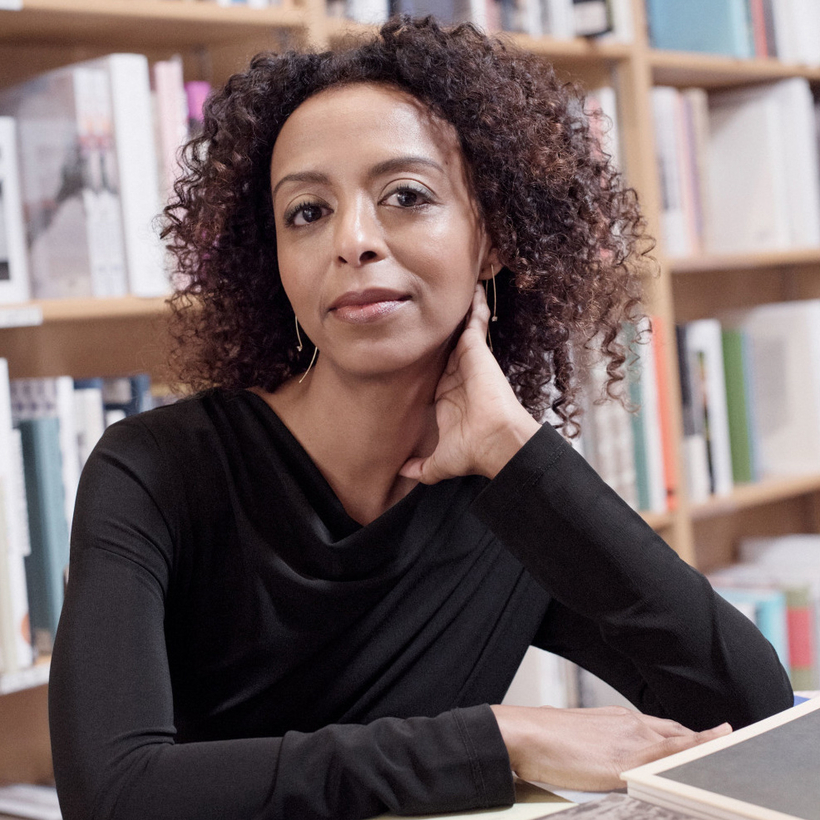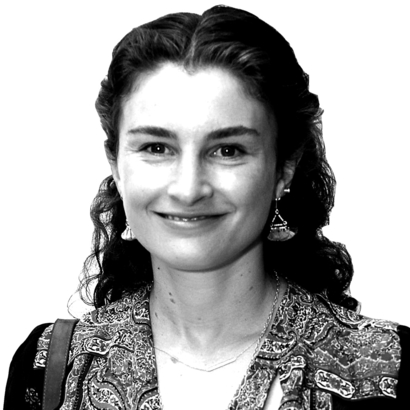For Maaza Mengiste, the research on her new novel, The Shadow King, was a kind of archeological dig. The sweeping war epic is an elegy of loss, both personal and collective, set against Mussolini’s 1935 invasion of Ethiopia. It will be classified as historical fiction, but it so deliberately questions the burden and responsibility of whose history and whose fiction is being recounted that it seems to challenge the entire genre. Researching the book took Mengiste years. The Ethiopian-American author moved to Rome and learned Italian to be able to properly probe what is considered one of the first conflicts of World War II. She spent extended periods of time in Ethiopia, both in the capital, Addis Ababa, and exploring the rocky and unforgiving terrain in the countryside, where her story takes place.
Mengiste’s first novel, Beneath the Lion’s Gaze, published in 2011, was also set during a period of conflict and upheaval in Ethiopia—in that case, the 1974 Marxist revolution, something she knew well having been born in Addis Ababa in that year. (The family emigrated to Colorado when Mengiste was seven, after stops in Kenya and Nigeria.) She spent five years writing a 900-page first draft of The Shadow King—by hand—then read it and asked herself, “Who’s story is it, and why are they telling it?” When she didn’t come up with a satisfactory answer, she knew she had to throw it away and begin again from scratch.


